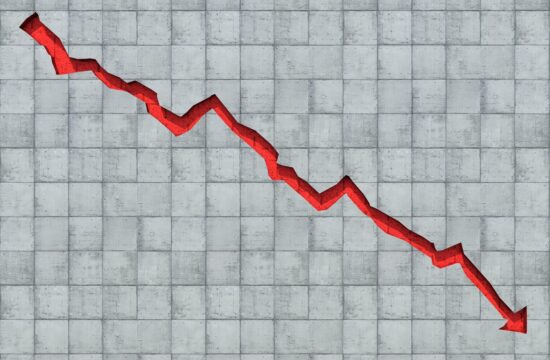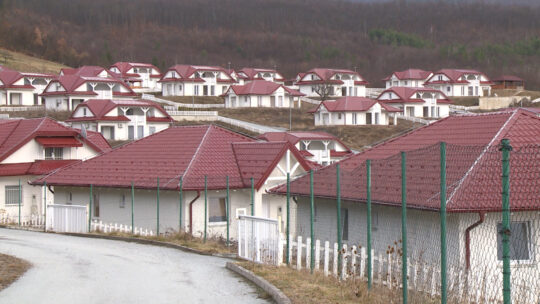
Miro Lazovic, a participant of the Dayton peace process and former Speaker of the Republic of Bosnia and Herzegovina’s Assembly, said that 23 years after the initialling of the Dayton Peace Agreement, which ended the war in Bosnia, it did not make Bosnia into a democratic country.
“The Dayton Peace Agreement has its good and bad sides. The bad continue to dominate in line with today’s political goals,” Lazovic said, adding that wrong interpretations of the Agreement are used for daily political goals.
The member of the Social Democratic Party’s (SDP) leadership told N1 that the Agreement opens room for Bosnia’s disintegration as well as hope for those who want its integration.
The Agreement which was formally signed in Paris, France, on December 14, 1995, ended the war in Bosnia (1992-1995) and apart from the general conditions for peace, it also contains the country’s Constitution. Lazovic noted that 23 years on, it is still waiting to be amended.
“The Sejdic-Finci verdict is still on hold. Should it be implemented, the Dayton Agreement would transform and all its negative effects would vanish from Bosnia,” Lazovic noted.
In 2009, Roma representative Dervo Sejdic and former Head of the Jewish Community, Jakob Finci, sued Bosnia for its discriminatory Constitution barring them – as they are neither Bosniaks, Croats or Serbs – from running for Presidency. The European Court of Human Rights in Strasbourg ruled in favour of Sejdic and Finci, saying the state is discriminating against them as a Roma and a Jew.
The Constitution which stipulates that Bosnia's Presidency consists of three representatives coming from each of the said constituent peoples was never amended despite this ruling.
According to Lazovic, the Dayton Agreement only reaffirmed Bosnia’s ethnic divisions because it allows nationalist parties to build their power “on the bad part of the Constitution, not leaving the civic parties much room.”
Speaking about the Monday talks between his party, the Social Democratic Party (SDP) and the Democratic Action Party (SDA) on government formation after the October general election, he said they were concrete and open and that the SDA offered a strong coalition at the state and entity level.
“SDA leader Bakir Izetbegovic offered SDP’s Nermin Niksic a strong coalition bloc consisting of SDA, SDP, Democratic Front (DF) and some other parties which would form governments at the cantonal, Federation of Bosnia and Herzegovina (FBiH) entity, and the State level, Miro Lazovic said.
“However, the SDP already started forming ruling majorities in several cantons, and we will not give up on this.”
Bosnia and Herzegovina, which consists of two semi-autonomous entities, the FBiH and the Republika Srpska (RS) entity, held a general election in early October which resulted in opposition parties holding talks to form the government at all levels without the SDA who won the most votes in the FBiH individually, but not enough to form the government by itself.
The SDA has been in power at the FBiH and State level over the past eight years, and now the opposition parties want to remove them from power.
Speaking about the government at the FBiH level, he said they would wait for the Central Election Commission to decide whether they would use the 1991 or 2013 census of population.
The Dayton Agreement prescribes in its Annex VII that everybody who was forced to leave their home during the war has the right return. The idea was to erase the results of ethnic cleansing, which in practice turned the once mixed Yugoslav republic into clusters of ethnic-based enclaves.
The Agreement also prescribed that until the expelled return home, the division of power in the communities will be distributed according to the 1991 census, the one prior to the ethnic cleansing.
However, nationalists have obstructed the return of refugees ever since the end of the conflict and the Annex VII has never been fully implemented. Meanwhile, the 2013 census has exposed the full extent of the ethnic cleansing effects.
Lazovic said the DF, SDP, Our Party and Alliance for the Better Future (SBB) should form the government at the state level, but he was not sure what would be the result of their talks.
“Should SDA and the Croat Democratic Union (HDZ BiH) accept the civic bloc’s five principles, it is possible that they too enter this coalition,” Lazovic said.




